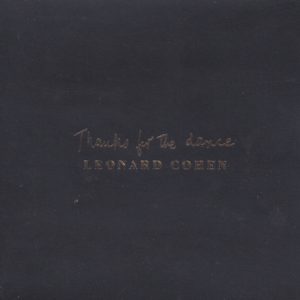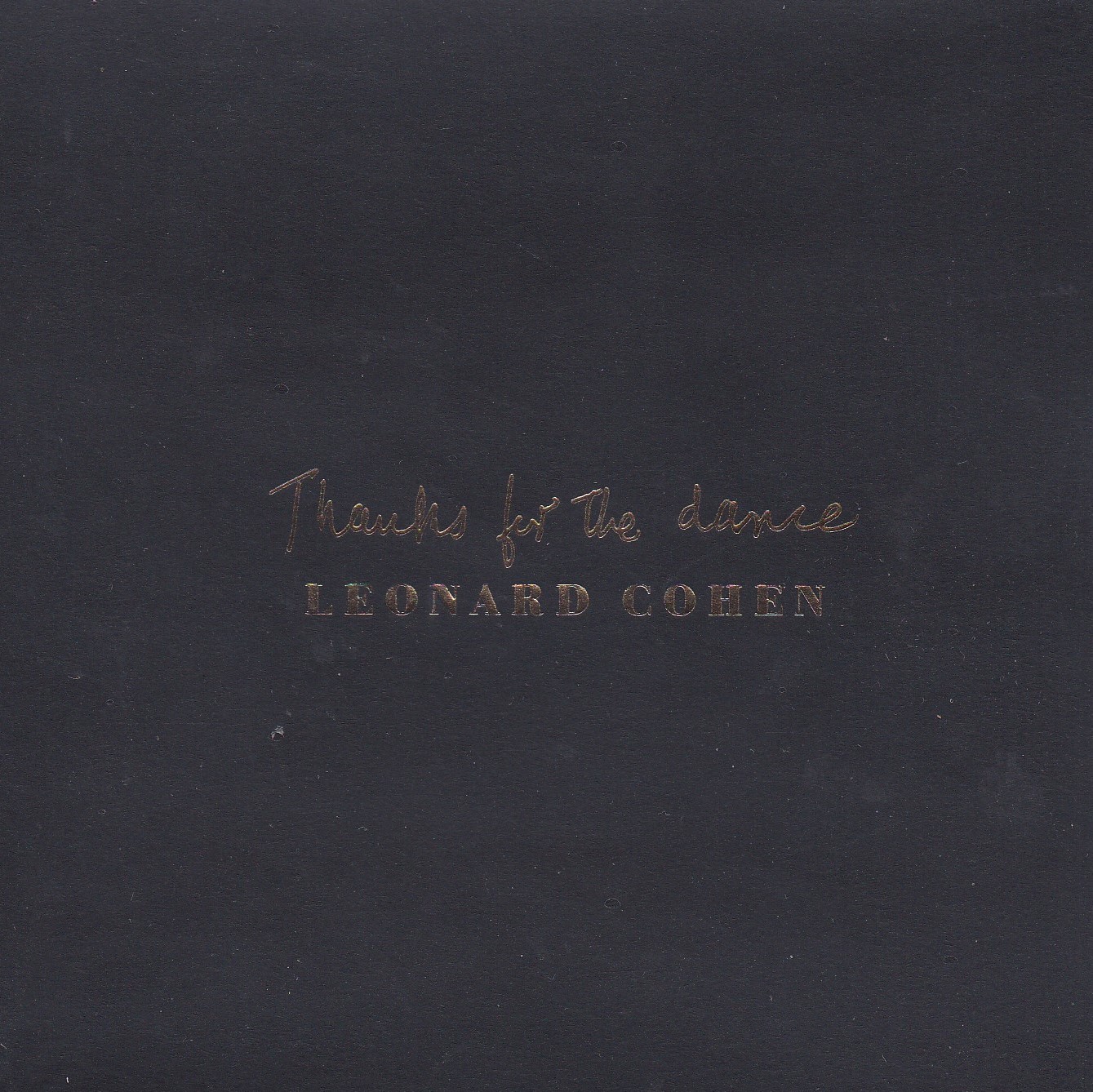Leonard Cohen
Thanks for the Dance
SONY
7/10
Leonard Cohen’s You Want It Darker, along with David Bowie’s Blackstar—both from 2016—are pop music’s twin, towering, epic elegies to death’s finality. Both were created in the fever (and perhaps, fervor) of living with, and dying from, cancer, and each of these works—melodically, lyrically, ornamentally—portray life’s last stand with a sense of adventure and grace. Each work felt, then, like an elegant ending, a thank you to all those who’d spent decades in devotion, and a denouement in dedication to their musicians’ aesthetic achievements.
Thanks for the Dance, put together and produced by Leonard Cohen’s son, Adam Cohen, with contributions from Beck, Feist, Daniel Lanois, and The National’s Bryce Dessner, is something of an odd epilogue to You Want It Darker. There is, of course, Cohen’s usual suspects to consider: the unholy union of love, gods, carnality, and faith, all knit together with Biblical heft, just a hint of sarcasm and sexual innuendo, and a soupçon of wit, woe, and wonder. And in most cases, the aural endgame works as well, and sounds as intense as any of his past records. But, to say that something is missing, well…
Cobbled and stitched together from unfinished sessions with his dad’s whispery sing-speak intact, Thanks for The Dance is, in some ways, more like Adam Cohen’s love letter to his father’s artistry than a final statement from the late poet. In other ways, it plays with Cohen’s quintessential death romanticism: he may have embraced it from his very first album, and may have been ready for death’s door early on, but he never stopped pushing the boundaries of their relationship by continuing on and on.
While “The Goal,” taken from the poem of the same name, embraces the end—“Settling at last / Accounts of the soul”—its score is shimmering but shaky, almost as if its players were rattled at the prospects of adorning a giant’s last will and testament. It’s lovely, but tremulous. The same can be said of the rhyme scheme on “Moving On,” and the moody trickle of mandolin that surrounds it.
In the spirit of his legendary “Anthem” and its look at the light pouring through the crack in the psychic firmament, the crepuscular “It’s Torn”—guided by wisps of piano and a wash of ambient synth—takes on faltering opposites and reversing spirals with glum quiet. “The Hills” takes that same finality with a hint of wry humor and lava-like horn chart. When he gamefully whispers, “I know she is coming,” you can almost hear him opening the door to eternity.
What does make Thanks as stunning as any of his studio albums is Cohen’s surprising manner of recollection, not solely of past loves and proud escapades, as on the tango-laced “The Night of Santiago” (“Said she was a maiden / that wasn’t what I’d heard / For the sake of conversation / I took her at her word”), or “Moving On” (“I loved your face / I loved your hair / Your t-shirts and your evening wear”), but of something bigger than himself.
While “Puppets” tears into the Holocaust as a means to peer into man’s never-ending violent impulses, “Happens to the Heart” recalls a childhood moment and makes it into something of decree, a mission statement as totemic as Charles Foster Kane’s and as ribald as Richard Pryor, with lines like, “I was handy with a rifle / My father’s 0.303 / I fought for something final / Not the right to disagree.”
From there, Cohen piles on the reminiscences, of the “mist of summer kisses where I tried to double park,” and how “Every soul is like a minnow / Every mind is like a shark.” That Cohen, in his finality, was coming up with daffy punchlines and dashing couplets is more than impressive. For all of our expectations about what death must look like to a man such as this one, he’s still managed to surprise us.







